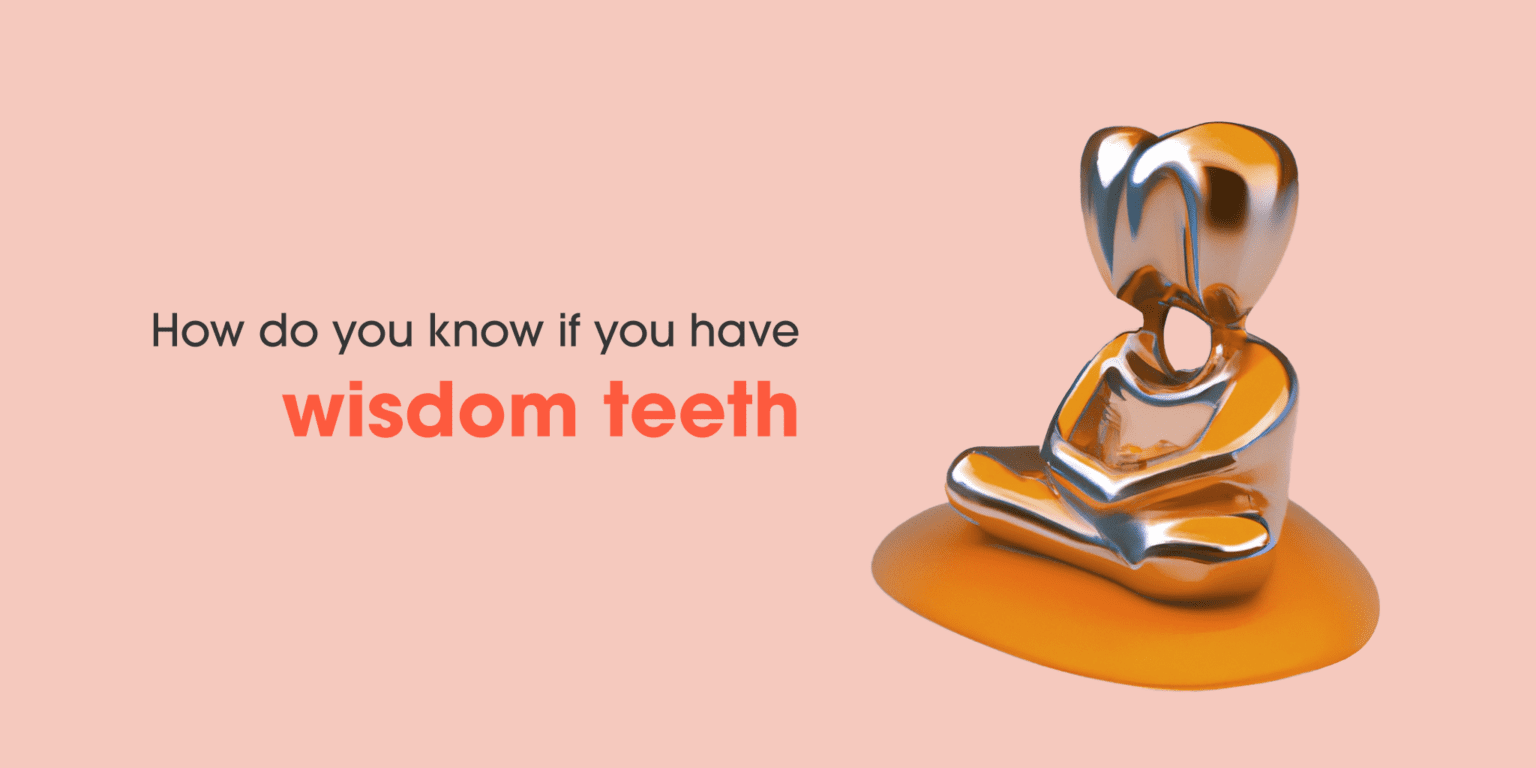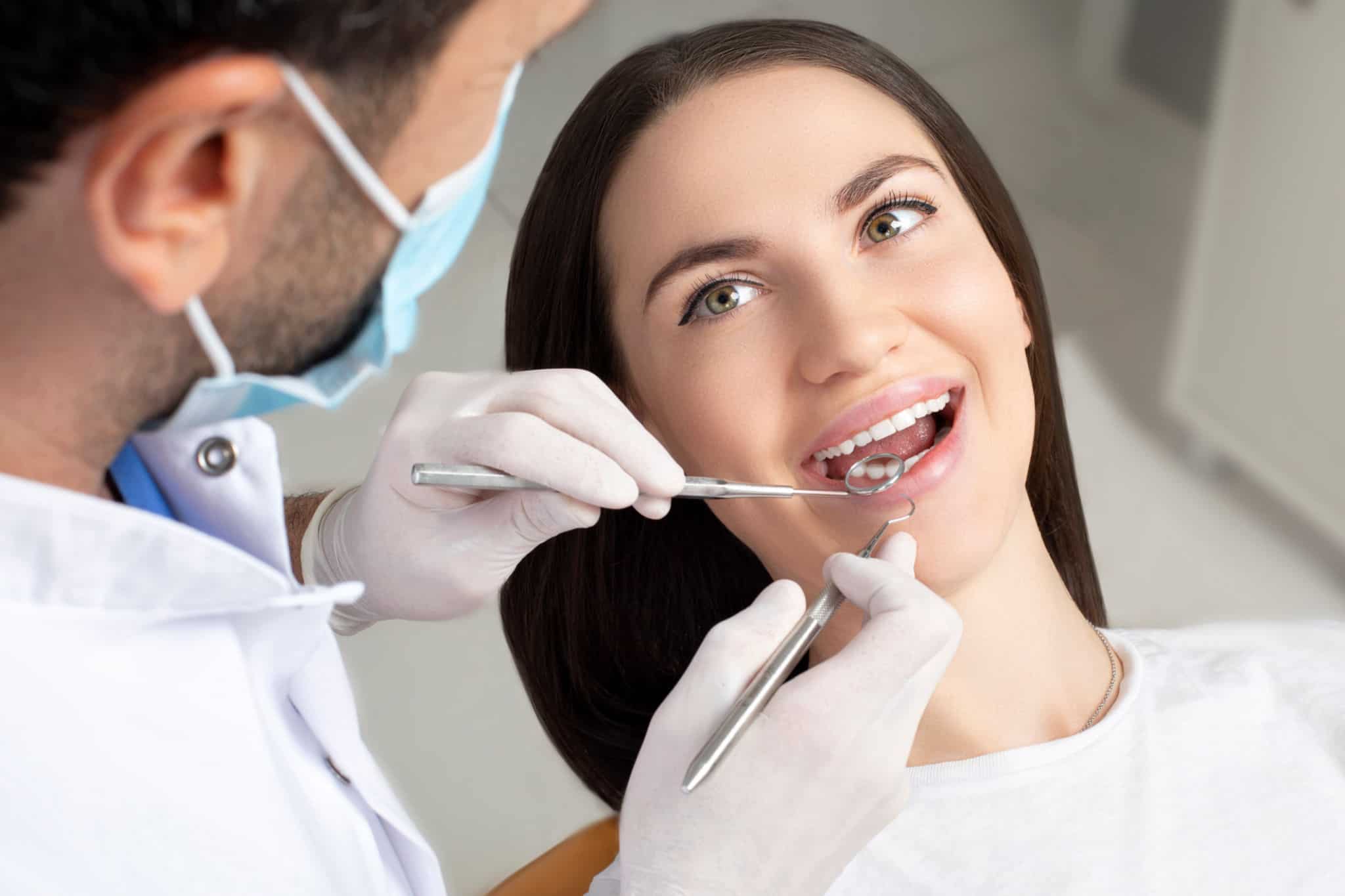How Do You Know If You Have Wisdom Teeth? Check with Dental Clinic in Surrey
It’s quite fascinating to think that each of our teeth has a specific function, but when it comes to wisdom teeth, it seems like they might have missed the memo on their job description. These notorious third molars often create more trouble than they’re worth, as they tend to come in crooked and impacted, causing quite a bit of discomfort and inconvenience. In fact, their lack of clear space to properly emerge through the gums and into our mouths can even lead to serious dental issues down the line. So, if they’re not exactly pulling their weight, why do we even have them in the first place? Wisdom teeth begin forming during our early years and typically reach full development by the time we hit the big 3-0. They usually make their grand entrance between the ages of 17 and 25, but sometimes, they can actually remain completely unnoticed. If you’re not feeling any pain, you might be wondering whether you have these infamous molars at all – and that’s a perfect question to ask your dentist during your next check-up. Who knows, you might just be one of the lucky few who can peacefully coexist with their “wise” teeth!
How to Tell if You Have Wisdom Teeth
At AA Dental Clinic, our skilled Vancouver dentists are here to help you navigate the sometimes puzzling world of wisdom teeth. Did you know the only way for us to determine their presence, unless they’ve already made their grand entrance through your gums, is by taking a full-mouth X-ray? Depending on your unique situation, we may use a panoramic or CBCT scan to get a comprehensive view of your oral anatomy and all its surrounding structures, which of course includes any unerupted wisdom teeth hiding just beneath the surface. Typically, you’d expect to find one wisdom tooth tucked away in each corner of your jaw—both upper and lower, for a grand total of four. But don’t worry if you have a missing one or, conversely, a supernumerary one lurking behind the others—these scenarios are not so uncommon, and our expert team is here to ensure your dental health remains top-notch.
What are Wisdom Teeth Really For?
It’s amazing how advances in preventative dental care have allowed the majority of us to maintain a full, healthy set of teeth – which means that our wisdom teeth often have no real purpose! However, these “extra” teeth can prove to be incredibly useful in certain situations, such as when we’ve lost one of those all-important molars. After all, our molars play a vital role in the digestive process by grinding up food to ensure our bodies can take in all the necessary nutrients. So, wisdom teeth may not seem that useful for most, but under the right circumstances, they can act as an excellent backup plan, keeping our smiles complete and our digestive systems running smoothly.
Can I Live All My Life With Wisdom Teeth?
It’s amazing how advances in preventative dental care have allowed the majority of us to maintain a full, healthy set of teeth – which means that our wisdom teeth often have no real purpose! However, these “extra” teeth can prove to be incredibly useful in certain situations, such as when we’ve lost one of those all-important molars. After all, our molars play a vital role in the digestive process by grinding up food to ensure our bodies can take in all the necessary nutrients. So, wisdom teeth may not seem that useful for most, but under the right circumstances, they can act as an excellent backup plan, keeping our smiles complete and our digestive systems running smoothly.
Causes of Wisdom Teeth Pain
Wisdom tooth pain usually starts to make an appearance sometime during the teen or college years. It is typically due to situations involving:
Swelling
Experiencing the agony of third molar pain feels like an adult’s rite of passage into the frustrating world of wisdom teeth. As these molars wrestle for their place in the back of your jaw, it often triggers inflammation and swelling, much like a teething infant or toddler. However, unlike those tiny tots, adults can look forward to weeks or even months of discomfort if these molars refuse to cooperate. It’s no wonder that most people finally decide to bid adieu to this unwelcome source of pain and part ways with their wisdom teeth through removal surgery.
Cysts
Natural eruption cysts form around teeth as they develop. But such cysts can expand into the bone, leading to complications.
Periodontitis or Cavities
The standard of care is to remove infected wisdom teeth rather than restore them simply because the chance of a recurring infection is relatively high. An active infection like gum disease or tooth decay can spread to your adjacent teeth.
Crowding
Your already-straightened teeth can be quite distressful if you’re faced with wisdom teeth. These third molars can cause pressure in the back of your jaw and shift other teeth out of place as they come in at an angle or get impacted. This can make it appear as though all the money and time spent on braces was wasted because wisdom teeth are pushing on your arranged teeth, causing them to scramble once again. Fortunately, your dentist will be able to look at X-rays of your mouth and see if your wisdom teeth need to be extracted in order to help preserve the painless and organized state that had been achieved from orthodontic care.
How Long Does Wisdom Teeth Pain Last?
Dealing with the adverse effects of impacted wisdom teeth on your entire smile can be quite a drawn-out struggle. The pesky location of these third molars makes it extremely difficult to maintain proper oral hygiene, especially when they’re only partially erupted or causing crowding. It’s frustrating to know that these issues won’t resolve on their own, leaving people to suffer from persistent wisdom tooth pain until they’re finally extracted. The pain can be unpredictable, seeming to come and go at random, only to become unbearable seemingly without warning.
Now, if you’re pushing 30 and haven’t experienced any wisdom tooth pain yet, you might be breathing a sigh of relief. However, it’s still crucial to keep an eye on those sneaky molars to catch any potential complications before they get out of hand. Don’t let your guard down – ensuring a healthy, pain-free smile is an ongoing battle worth fighting!
Do I Need Wisdom Teeth Removal?
Wisdom tooth removal is necessary if the healthy teeth next to them are at risk of damage or infection. At AA Dental Clinic in Vancouver, we might also recommend extracting your wisdom teeth if you are:
- In pain
- Have a wisdom tooth that is only partially erupted
- There is an active cavity in your wisdom tooth
- Have periodontal disease in that area
- Presenting signs of an impacted wisdom tooth
- Experiencing TMJ pain
- Developing crowding or overlapped teeth
- If the wisdom tooth is pushing against the tooth in front of it causing a cavity or gum disease in the area.
Is Wisdom Teeth Removal Painful?
Wisdom tooth removal may sound daunting, but don’t worry – our Vancouver dentists have your back! While some people only need a quick procedure with local anesthetic, others might require a more complex approach with sedation. Regardless of the type of oral surgery you’ll undergo, rest assured that our dentists will discuss all available comfort options, making sure you don’t feel a thing. After the procedure, kick back and take a few days off to recuperate. Be sure to follow medication guidelines and stay away from vigorous exercise to avoid complications like dry sockets. Remember, staying hydrated and munching on soft foods will aid your mouth in healing swiftly, making your wisdom tooth removal experience as smooth as possible!







